Kaiser Permanente member Fred Ptucha’s new pacemaker enabled him to scale Iran’s Mount Damavand on behalf of peace. Pictured, the climbers crossing a snowfield at 17,000 feet.
When Fred Ptucha began having issues with his heart a couple of years ago, he didn’t let that interfere with his plans to scale the tallest volcano in Asia.
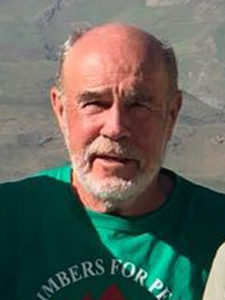
Now 75, the Santa Rosa resident has always been active, averaging about 30 miles of hiking and 30 miles of cycling each week.
“Not bad for an old guy,” he joked.
Then in early 2016, Ptucha went from skiing “aggressively” on a trip with friends to only days later struggling to climb a flight of stairs. He immediately made an appointment with his Kaiser Permanente doctor and within a week was diagnosed: His primary node, which acts as a natural pacemaker, had abruptly stopped being able to regulate his heartbeat.
“When Fred came to us, he could do more physically than 90 percent of people his age. When he started reporting a change in his stamina, his doctor, Michael Gomez, MD, ordered 2 tests: an ECG and treadmill,” said Joanne Tsai, MD, a cardiologist at the Kaiser Permanente Santa Rosa Medical Center. “The ECG didn’t highlight the problem, but during the treadmill testing, the natural pacemaker showed its dysfunction. It was then obvious that an artificial pacemaker would allow him to continue climbing those summits.”
Ptucha got his new pacemaker. The next day, he celebrated by scaling Bald Mountain in Sugar Loaf State Park.
But Ptucha had even bigger plans: to climb Mount Damavand in Iran.
Citizen Diplomacy
In 1996, Ptucha and fellow Vietnam veteran Bob Gugliomino co-founded Climbers for Peace, a group formed to further the cause off “citizen diplomacy.”
“There’s something special that happens on a big mountain,” Ptucha said. “It dissolves differences of religion, language, and culture, and shows that we can all get along.”
In late 2015, Climbers for Peace set their sights on Mount Damavand. Amid a shifting political climate, and Ptucha’s health issues, the trip almost fell apart several times. It also grew more challenging to recruit climbers.
Still, the group persisted. Leading up to the 2018 trip, the group requested an invitation from the Iranian government, which helped pave the way for visas for the 6 travelers — 3 from Sonoma County, 3 from Salt Lake City. Iran also offered a $600 subsidy to each of the climbers to help defray expenses.
Then Ptucha started having the problems with his heart.
Successful Summit
When Ptucha told Dr. Tsai about his plans to climb Mount Damavand in Iran, he was a little worried she might set limits on what he could do. Instead, the capacity on his pacemaker was adjusted to allow for the rigor of his planned activity, and he was on his way earlier this year.
Mount Damavand summits at 18,605 feet, considered an extreme altitude. At 18,000 feet, a breath takes in 50 percent less oxygen. One member of the group got altitude sickness at 16,000 feet and turned back. Another fell ill earlier.
At first, Ptucha himself had a hard time catching his breath. Still, he persevered, and on July 6, 2018, he became the oldest American ever to reach the summit. Three other members of his group also reached the summit.
Life-Changing Experience
After the climb, Ptucha and the other American climbers toured the country, visiting cultural and historical sites in Tehran and 5 other cities around Iran.
Ptucha said the peace climb and meeting with the Iranian people is one step toward building better relations between America and Iran. Quoting a proverb, he added, “It is better to light one candle than to curse the darkness.”
Ptucha described the Iranians he met as “warm, gracious, and friendly,” many approaching the climbers on the street. For most, they were the first Americans they had ever met. Ptucha recounted one interaction with a man who had fought against Iraq when his country was invaded. The meeting ended in an emotional embrace between the 2 veterans.
“It was a life-changing experience,” Ptucha said.
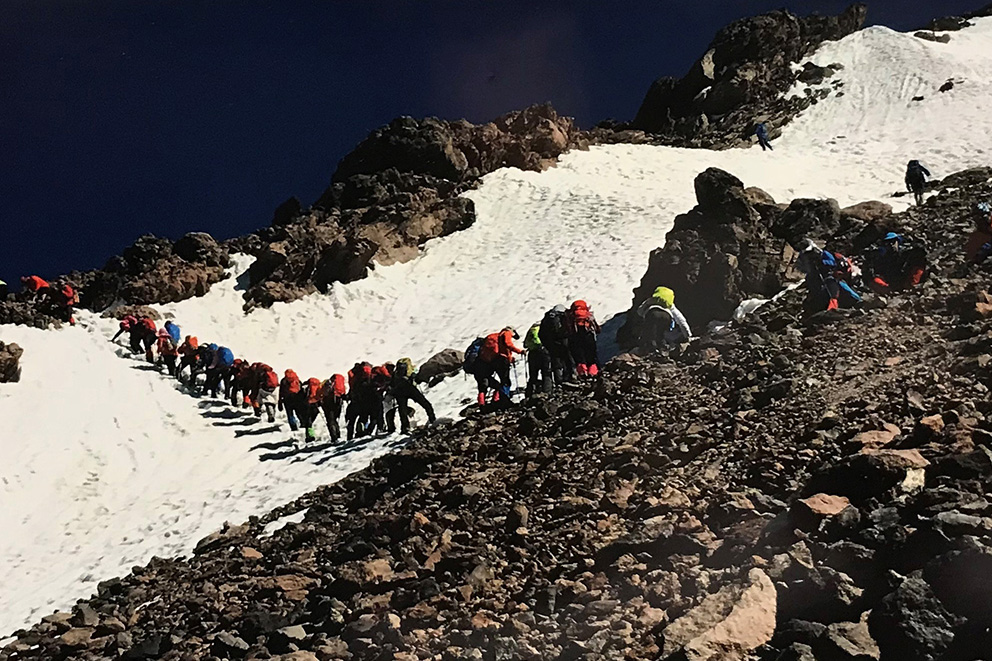
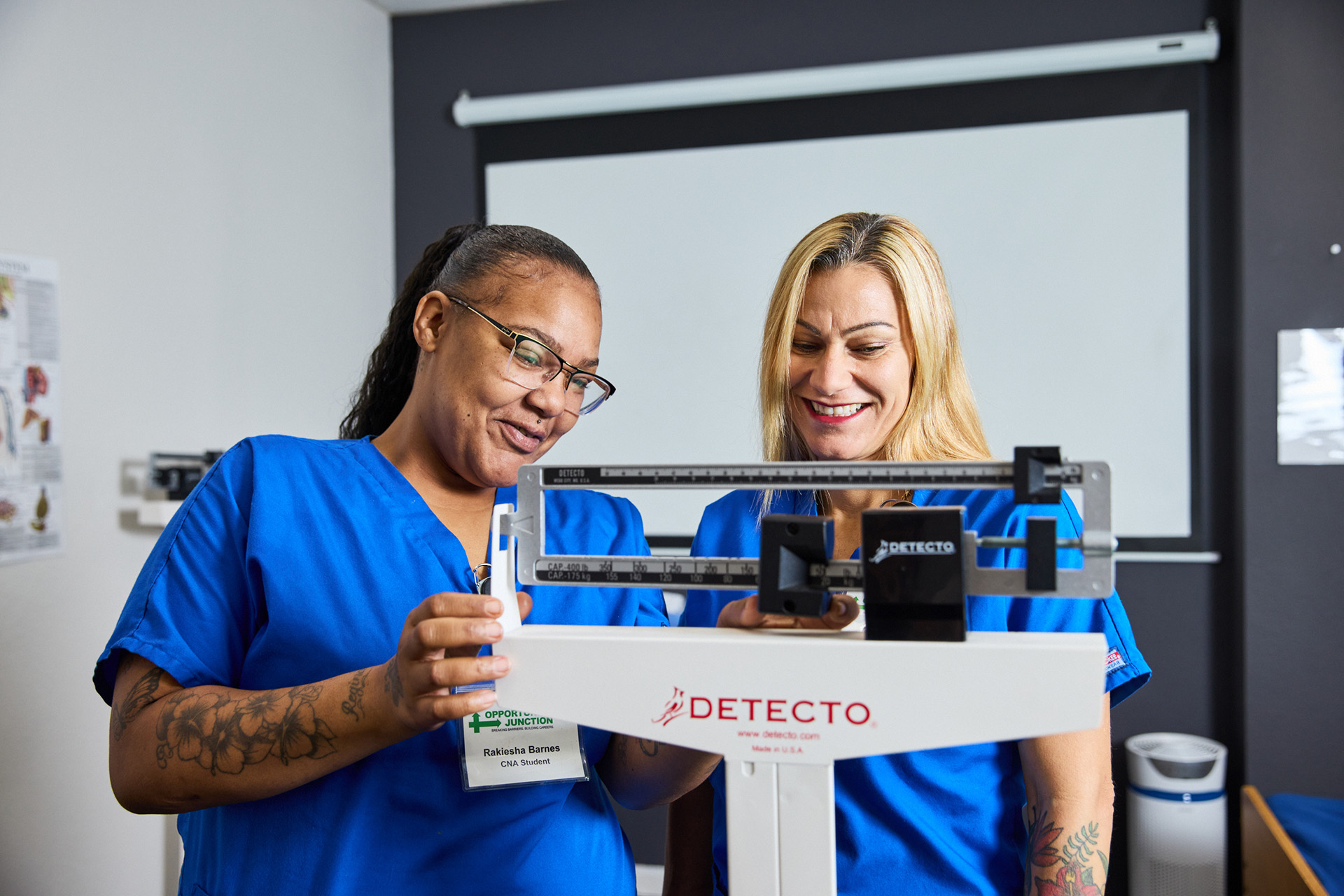
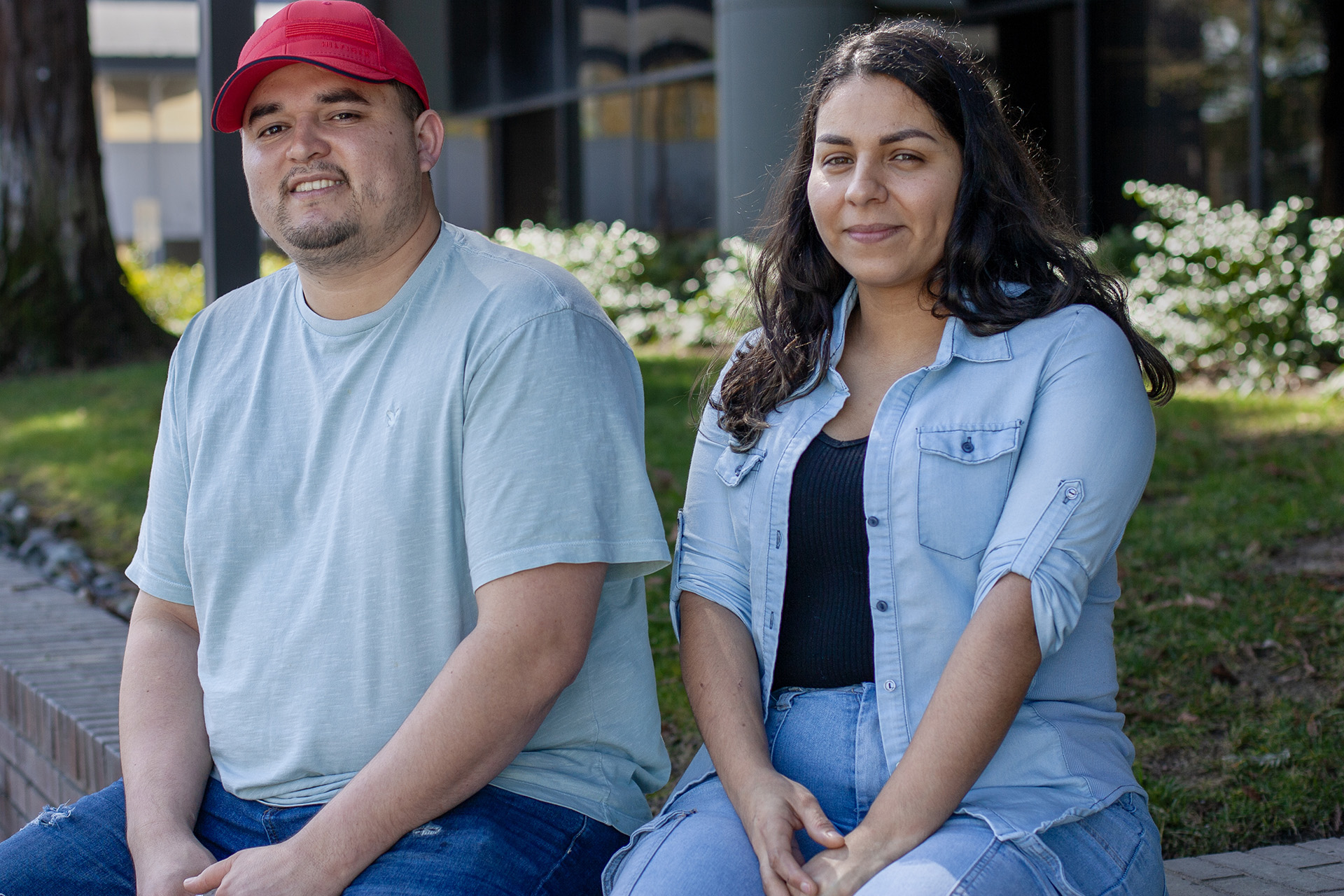
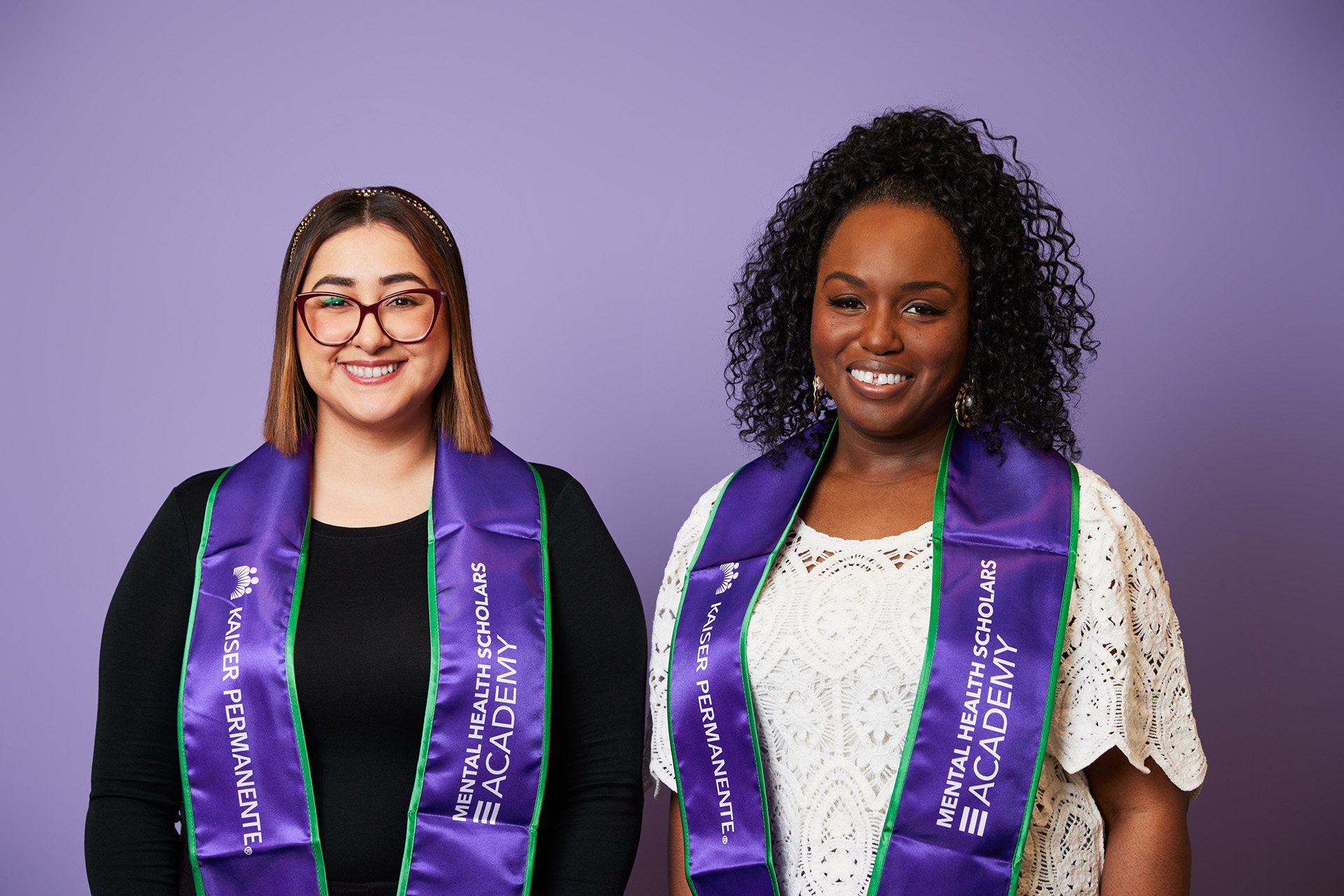
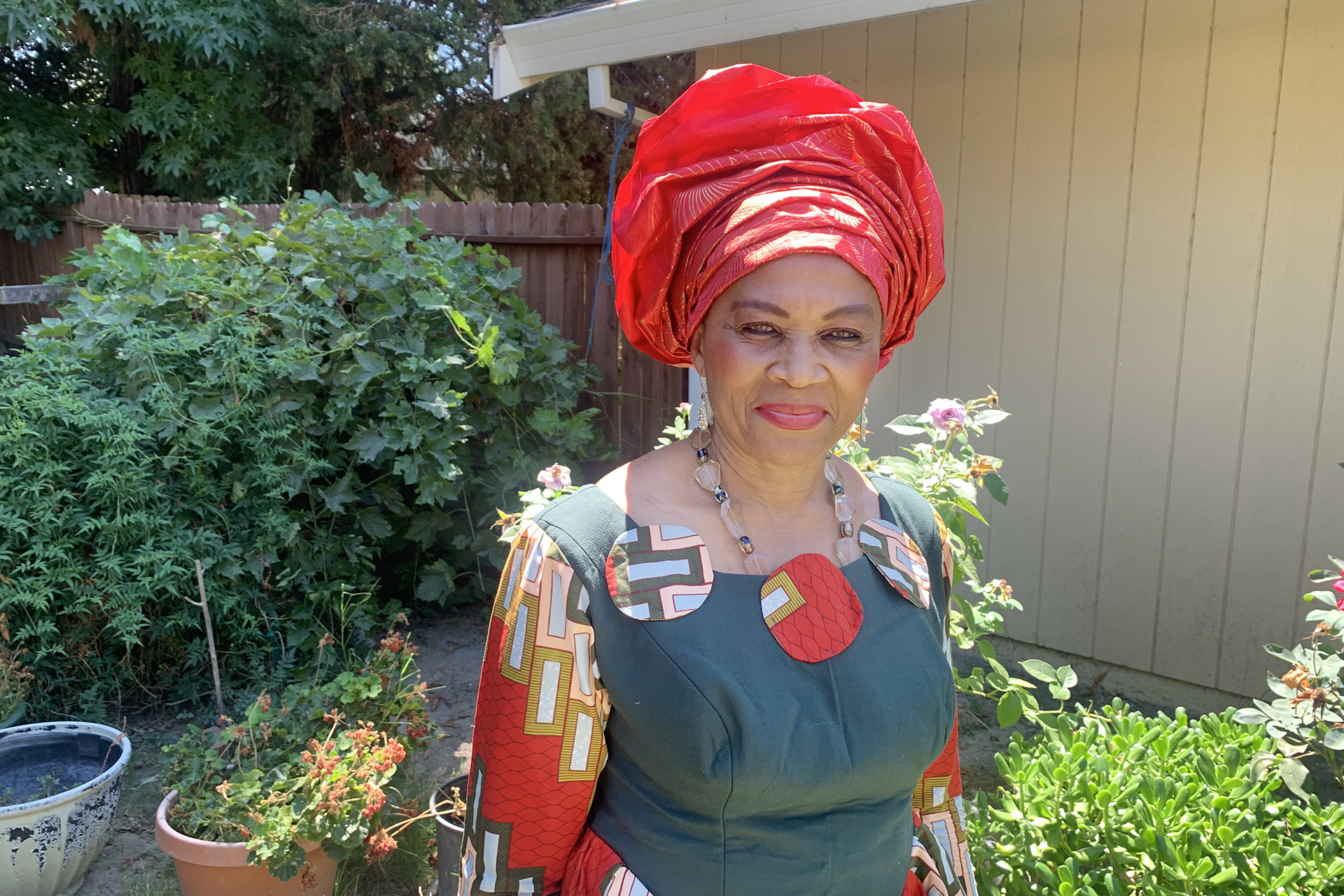
This Post Has One Comment
This is an great example of KP’s “Thrive” motto in action. Very uplifting … the body will follow where our spirits will lead us.